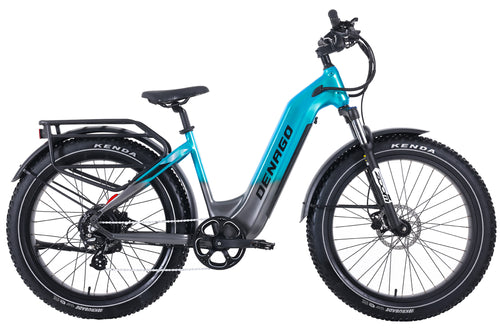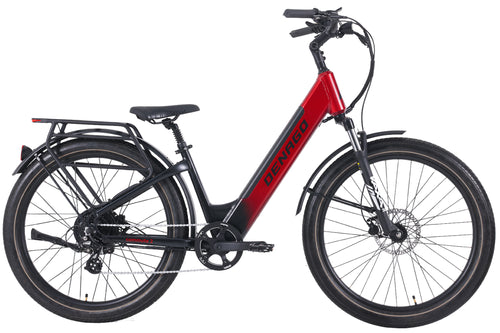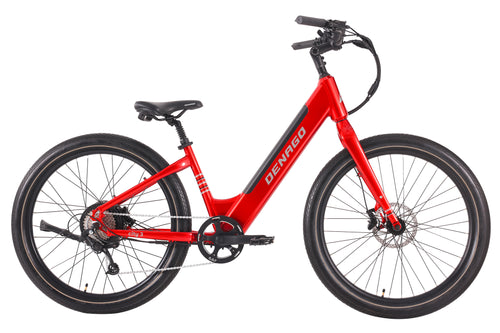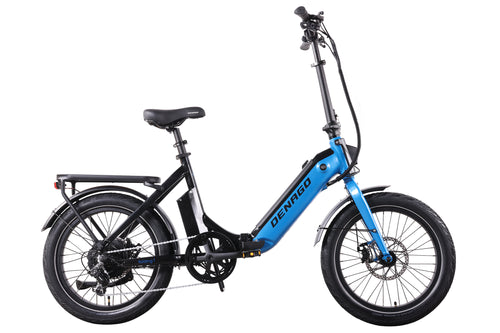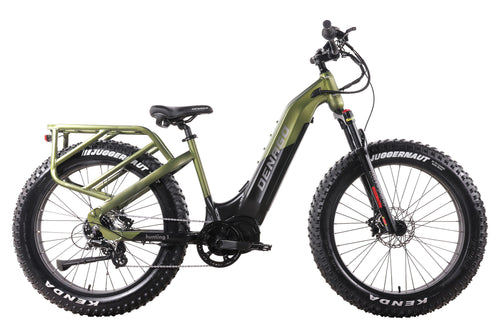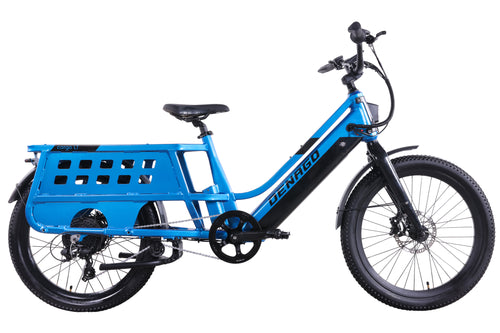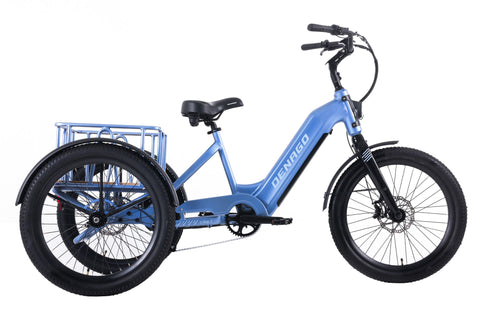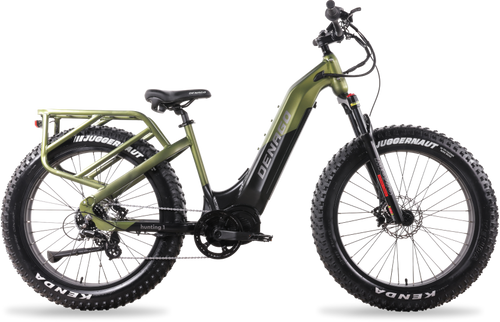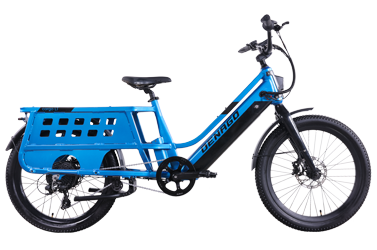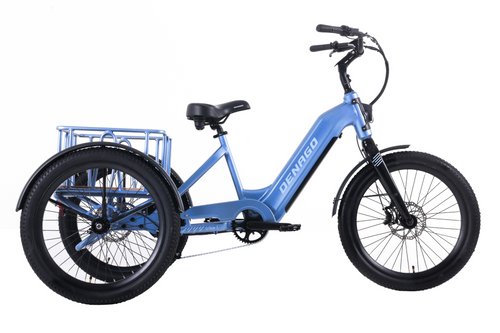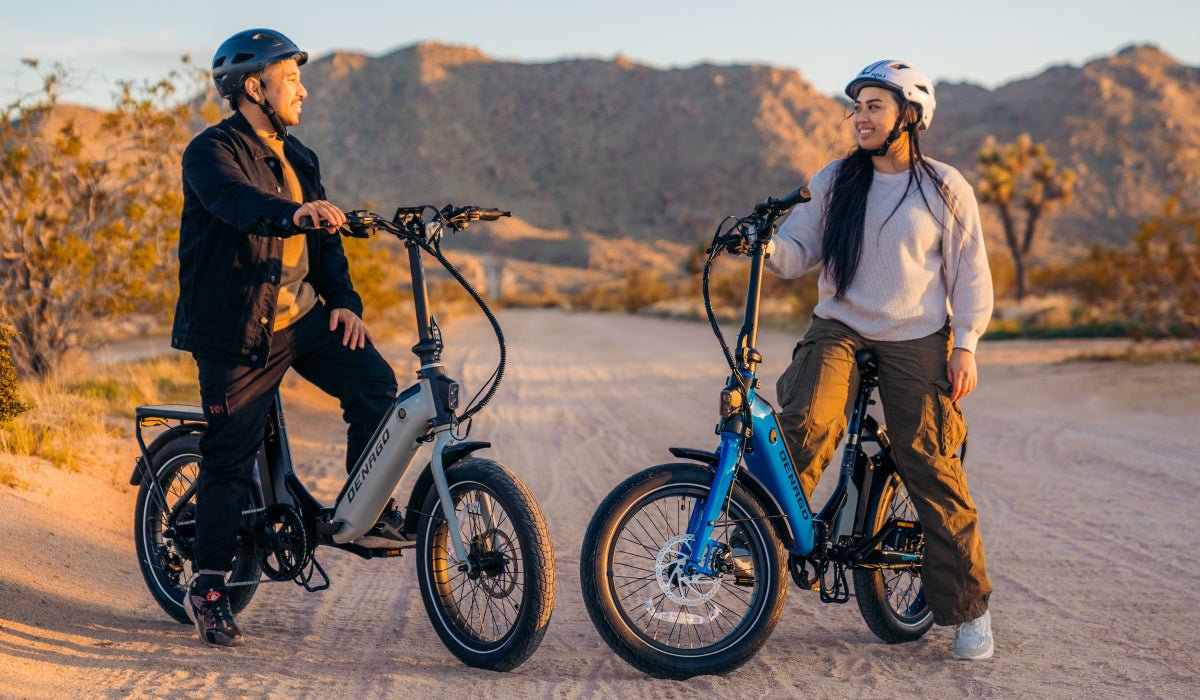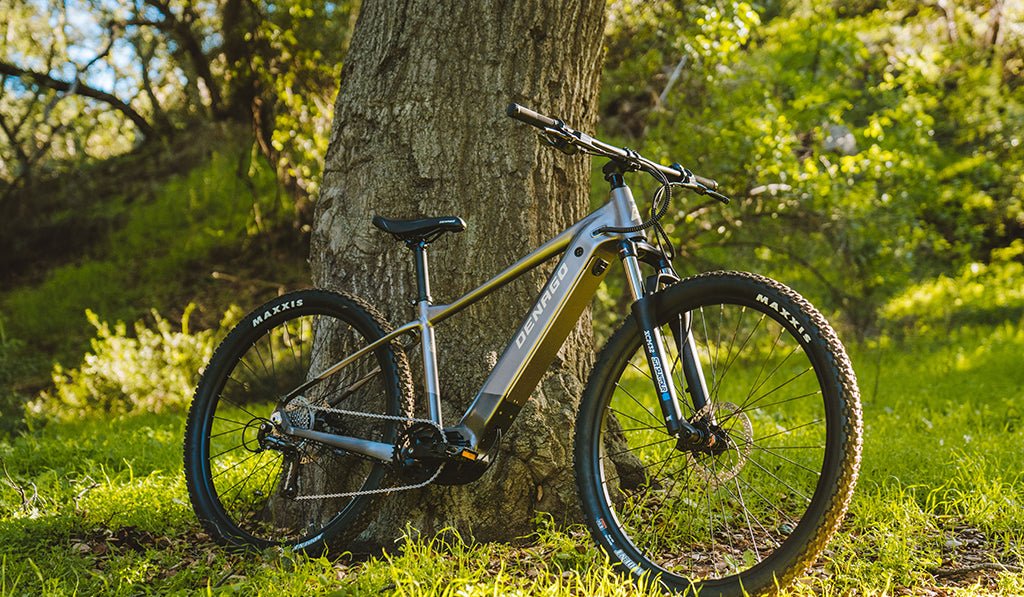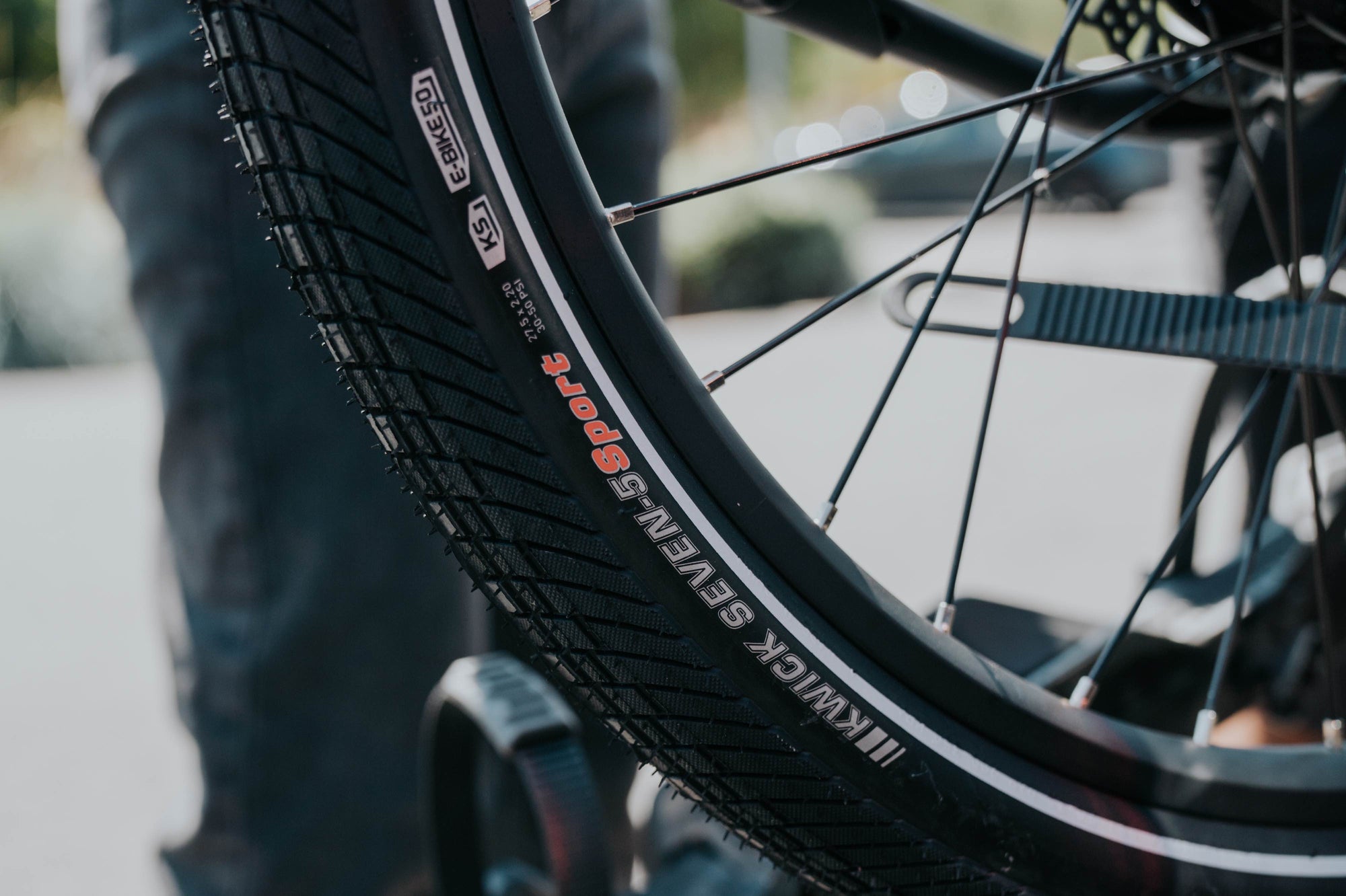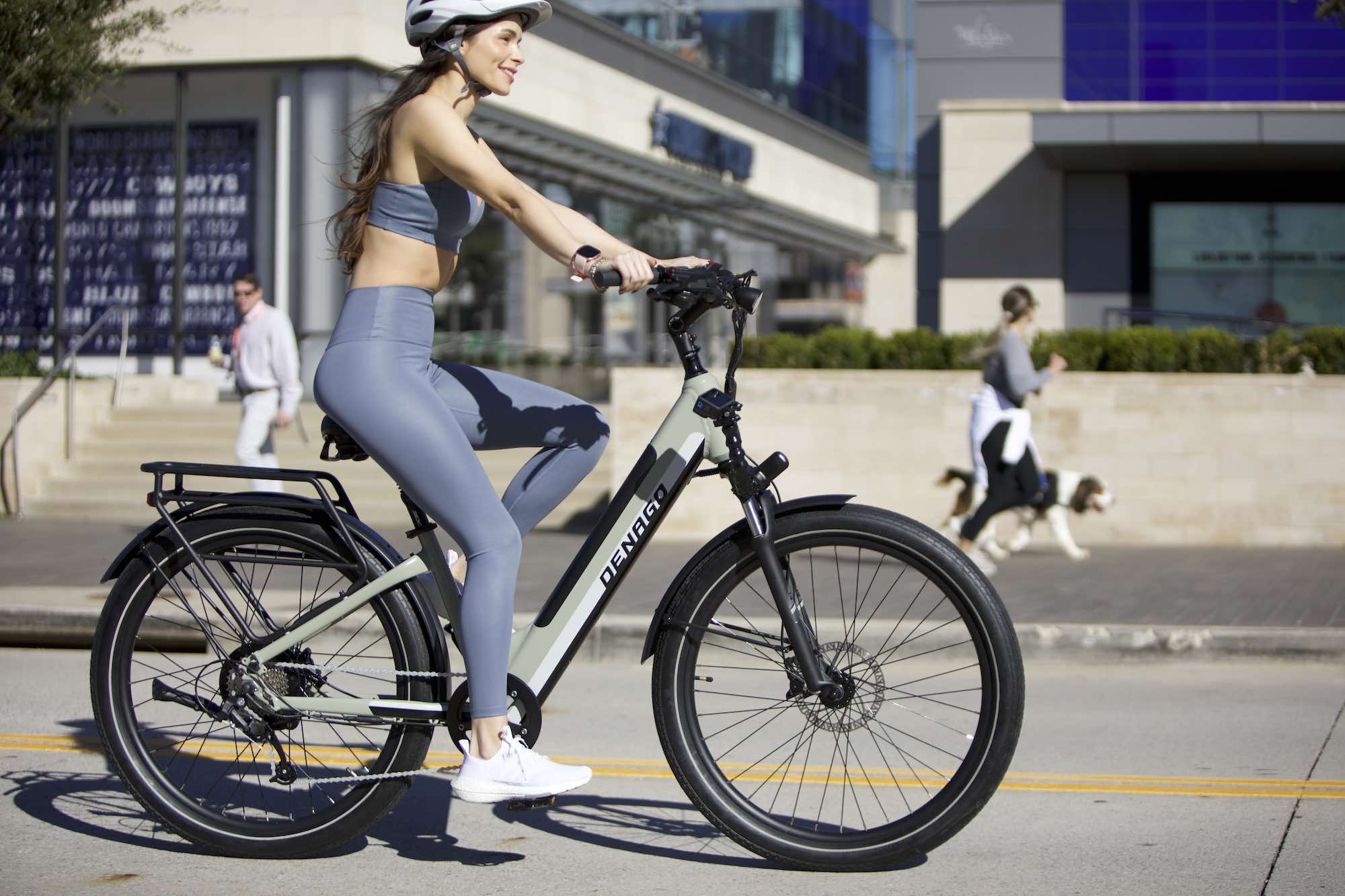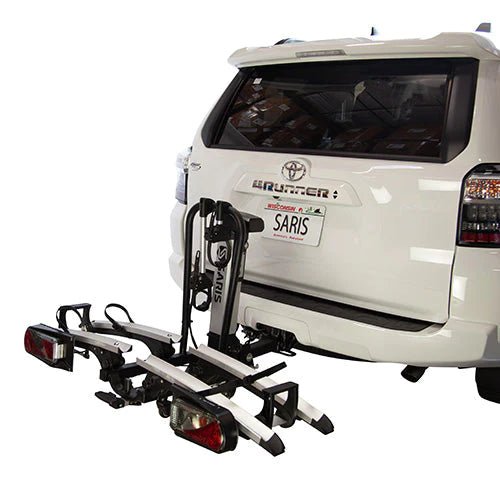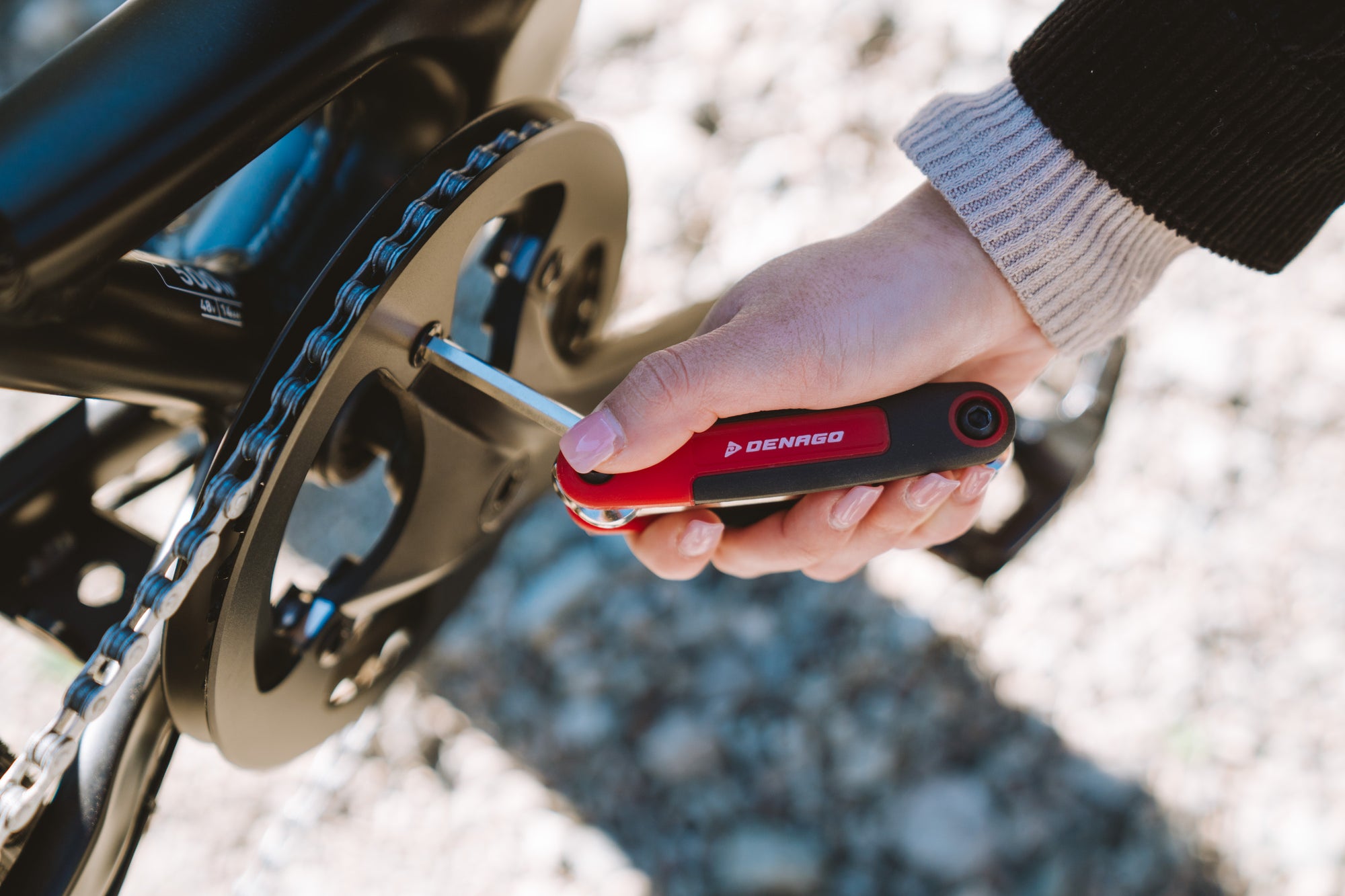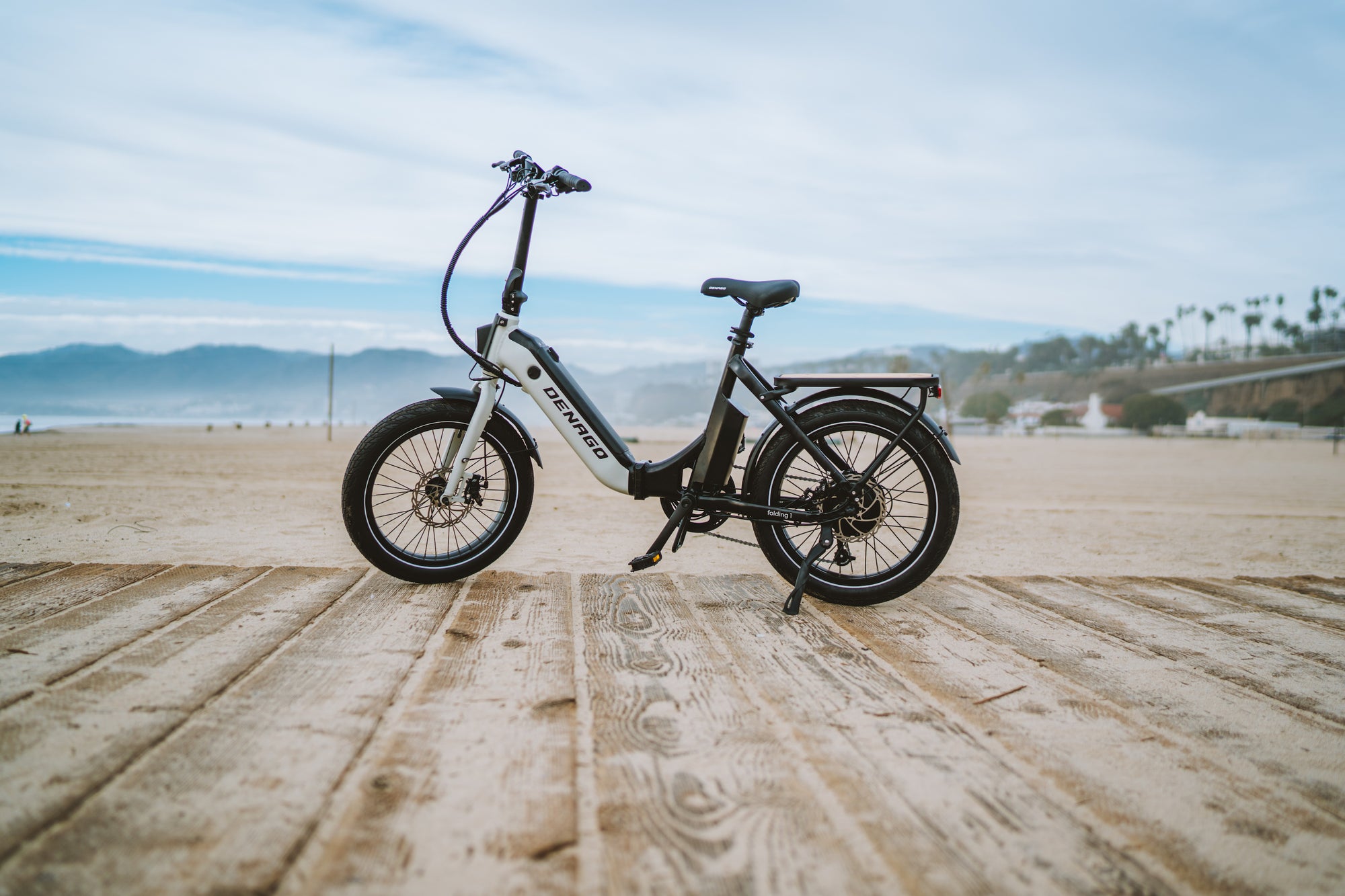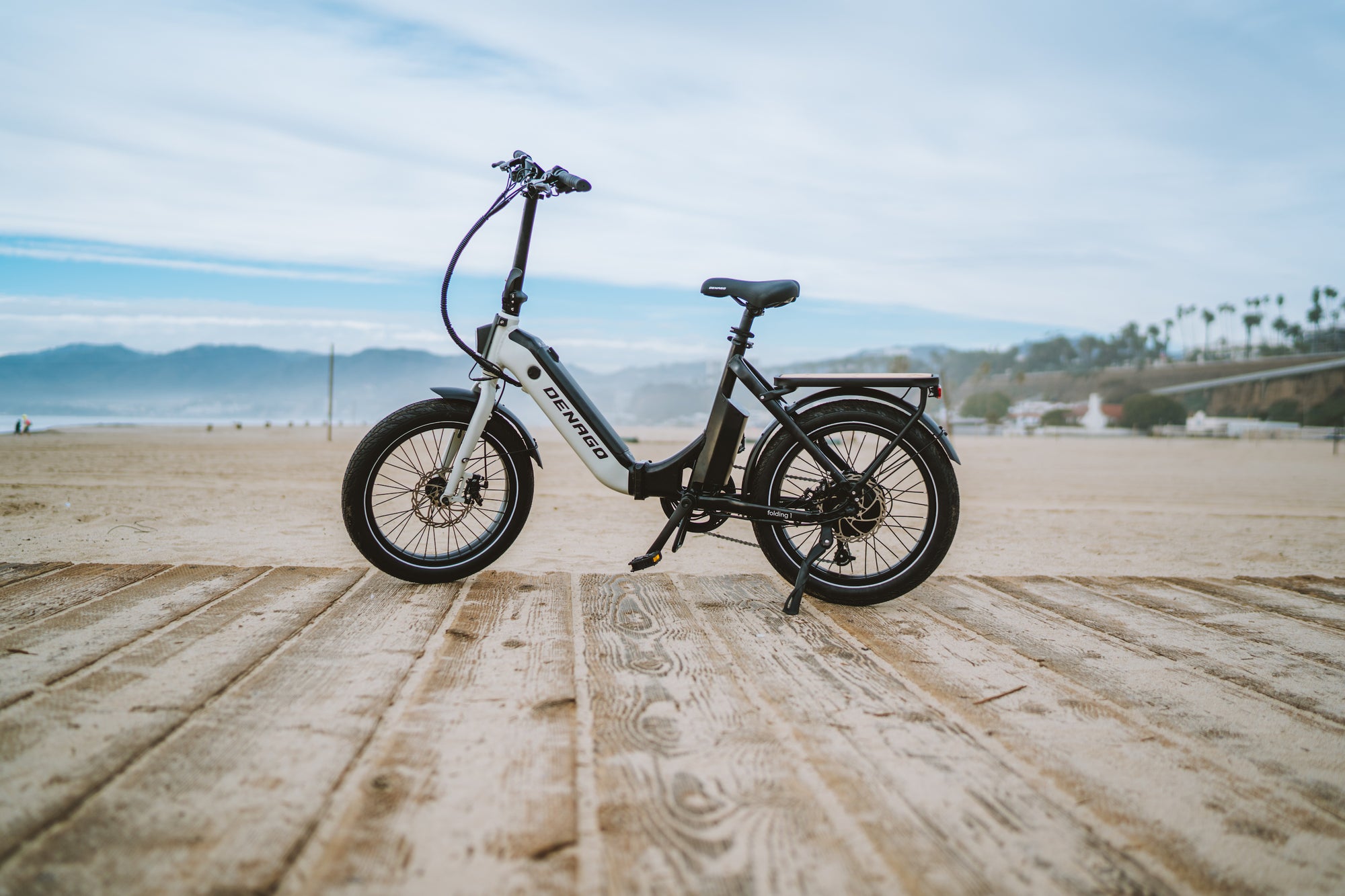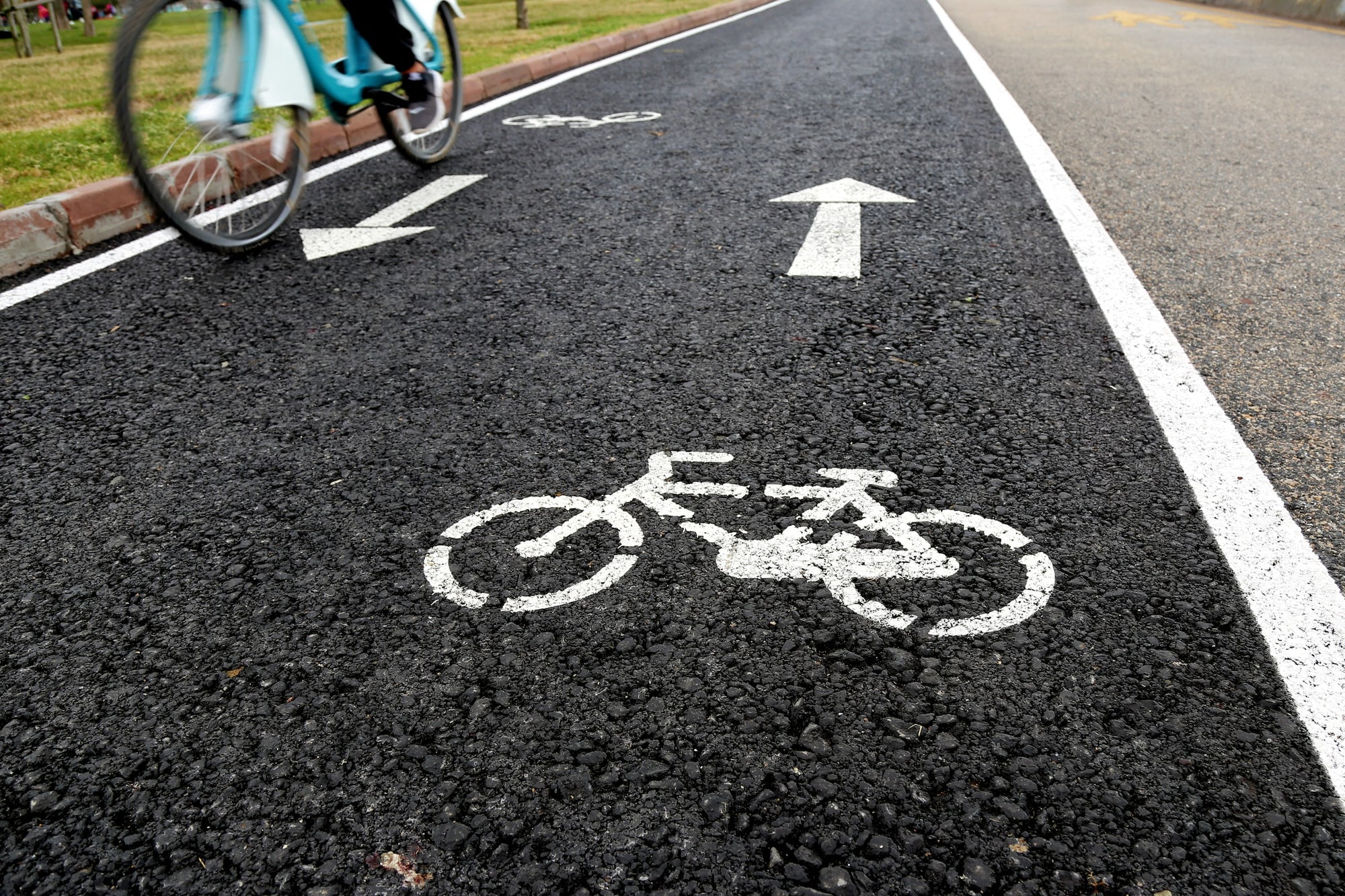The original E-BIKE Act was introduced in Congress in 2021, but ultimately did not pass. It would have provided purchase incentives in the form of a tax rebate or credit to eligible eBike buyers. While there are other incentives and rebates for eBikes at the state and local level, no such program currently exists at the Federal level at this time.
Recently, an updated and refreshed version of the E-BIKE Act was re-introduced to Congress in 2023 by a group of legislators that includes longtime bicycle advocate Earl Blumenauer of Oregon. As before, the updated version would provide a tax credit to some buyers of eBikes, subject to some limitations.
What is the E-BIKE Act?
It's actually called the "Electric Bicycle Incentive Kickstart for the Environment", which is the basis of the "E-BIKE" acronym.
As before, the 2023 version of the E-BIKE Act is designed to encourage the purchase of eBikes via a tax credit. Eligible buyers would pay for their bikes upfront, and then claim a portion of the purchase price as a credit when they file their federal taxes.
Which bikes would be eligible?
The proposed program would give taxpayers a credit worth 30% of the purchase price of eBikes that sell for less than $8,000, up to a maximum credit of $1,500. That would rule out eBikes that sell at the very top of the market, but most makes/models that sell for less would be eligible, including all Denago eBike models.
As of this writing, only an outline, and not the specific text of the bill was available. But it's likely that a final version of the E-BIKE ACT would only apply to eBikes that meet the Class I, II, III model legislation adopted by many states. These products meet speed and motor wattage limits and are stickered with their top speed, class, and motor power rating for clarity.
If you hope to claim the E-BIKE credit for a bike purchased during tax year 2023, make sure to purchase a compliant model for the best chance of eligibility, (assuming the E-BIKE Act does pass at some point in the future.)
Who would be eligible under the E-BIKE Act?
As with other Federal tax credits, a phase-out reduces or eliminates the benefit as a taxpayer's income rises or reaches a cap. In the 2023 version of the E-BIKE Act, the proposed income limits are:
- $150,000 (single filers)
- $225,000 (head of household)
- $300,000 (joint tax returns)
These income caps mirror the electric vehicle tax credit caps currently offered on some electric cars.
What's a tax credit vs. a tax deduction?
While the 2023 E-BIKE Act is not final, we do know that the incentive offered is available as a credit, not a deduction. Credits are more advantageous to the taxpayer, as they directly reduce tax liability, while a deduction reduces the amount of income on which taxes are paid.
Generally, a credit means that eBike buyers would get a larger benefit when filing their Federal taxes.
It's worth noting that buyers must pay upfront, then claim the credit later. That means it's only available to those who file a Federal tax return.
What's next for the E-BIKE Act?
PeopleForBikes, a bicycle industry advocacy organization, has created a petition that allows you to easily contact your representative with your support. You can sign up here. It is hoped that the E-BIKE Act will be approved by both houses of Congress and become law in 2023.
Should you wait to buy an eBike?
Probably not.
Lots of legislation is introduced that never actually becomes law. While we're optimistic and hopeful that the E-BIKE Act is ultimately passed, there's no guarantee that this bill will ever move forward at all, or that it will move forward in any specific timeframe, or that the rebate amounts or eligibility requirements won't change.
The big downside of waiting, of course, is that you miss out on all the riding while you don't have a bike!




